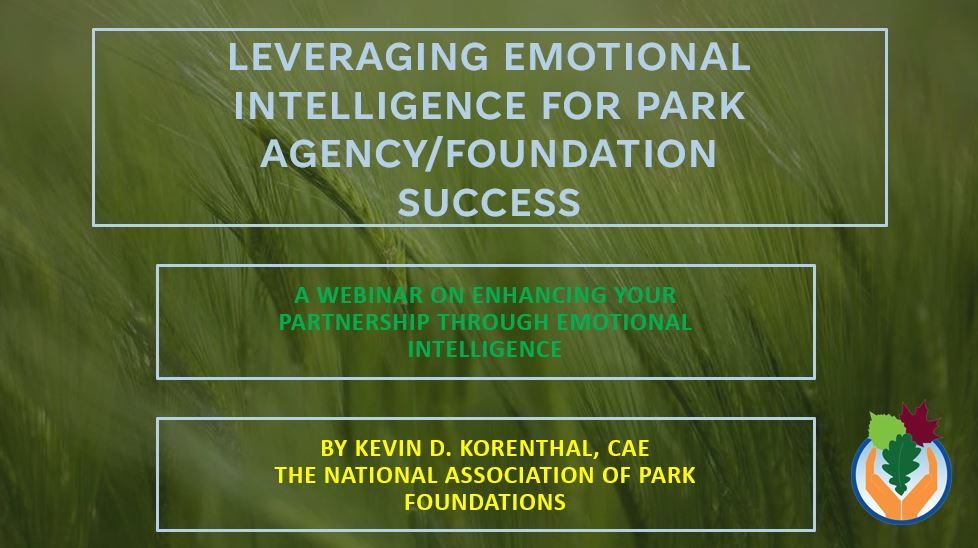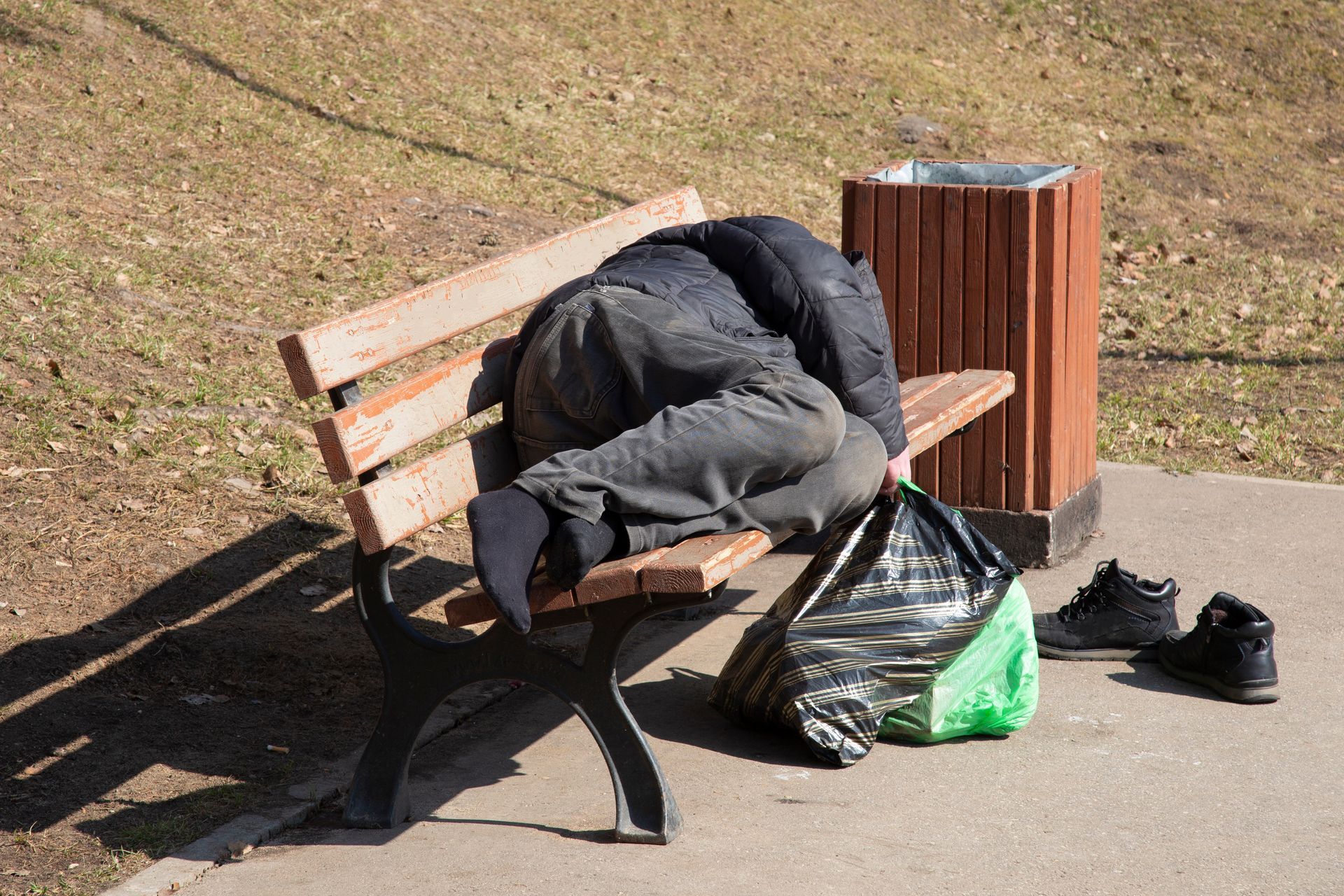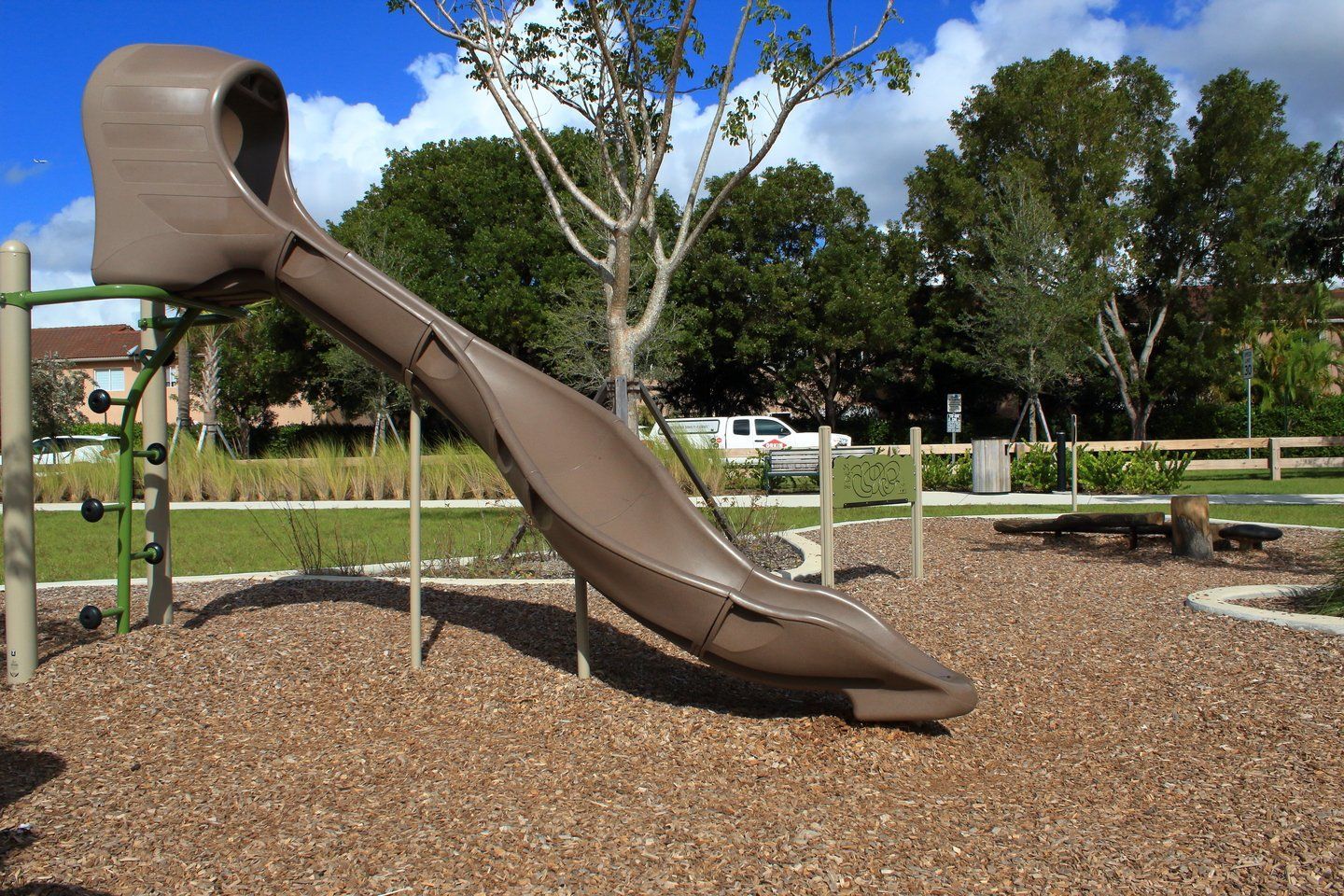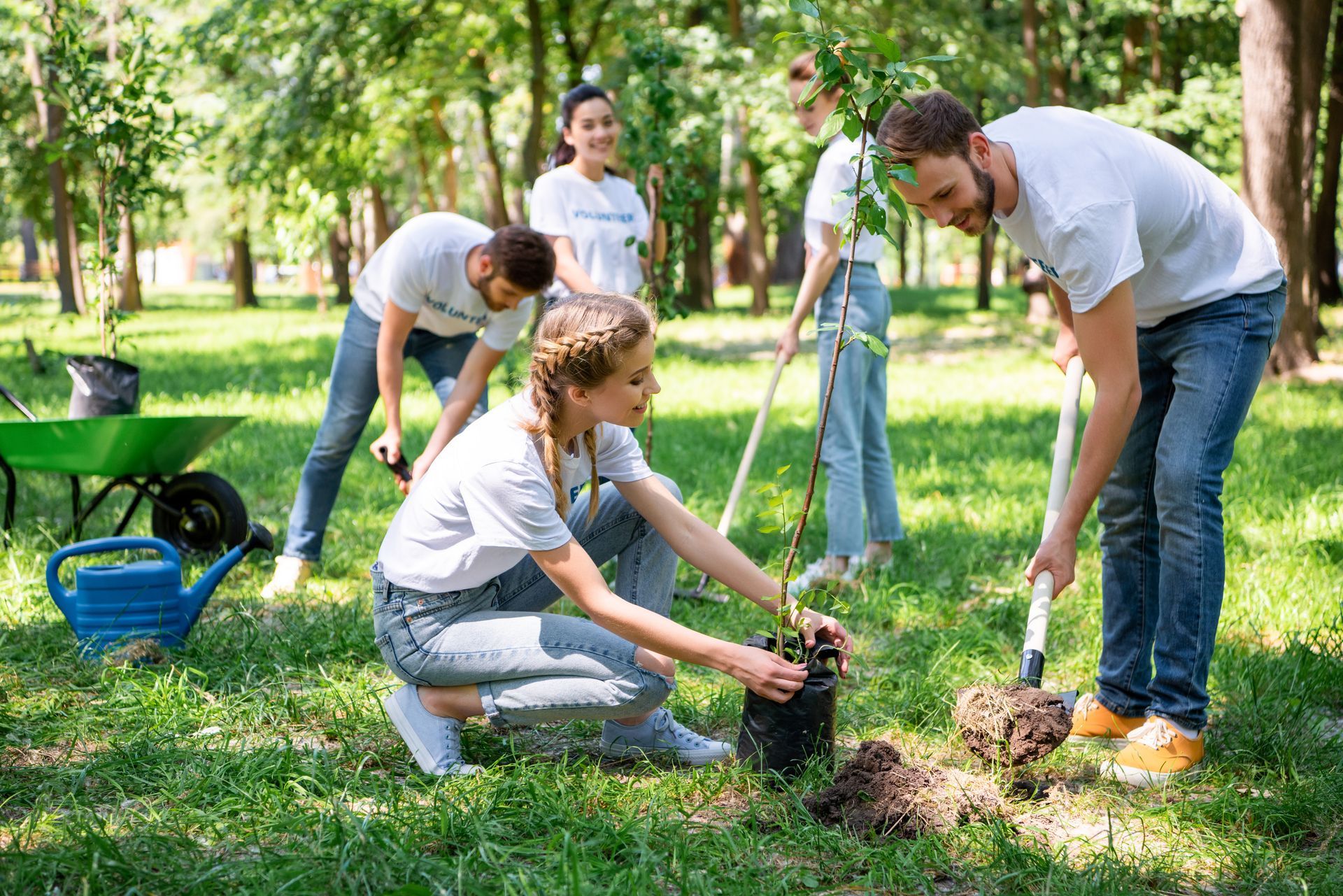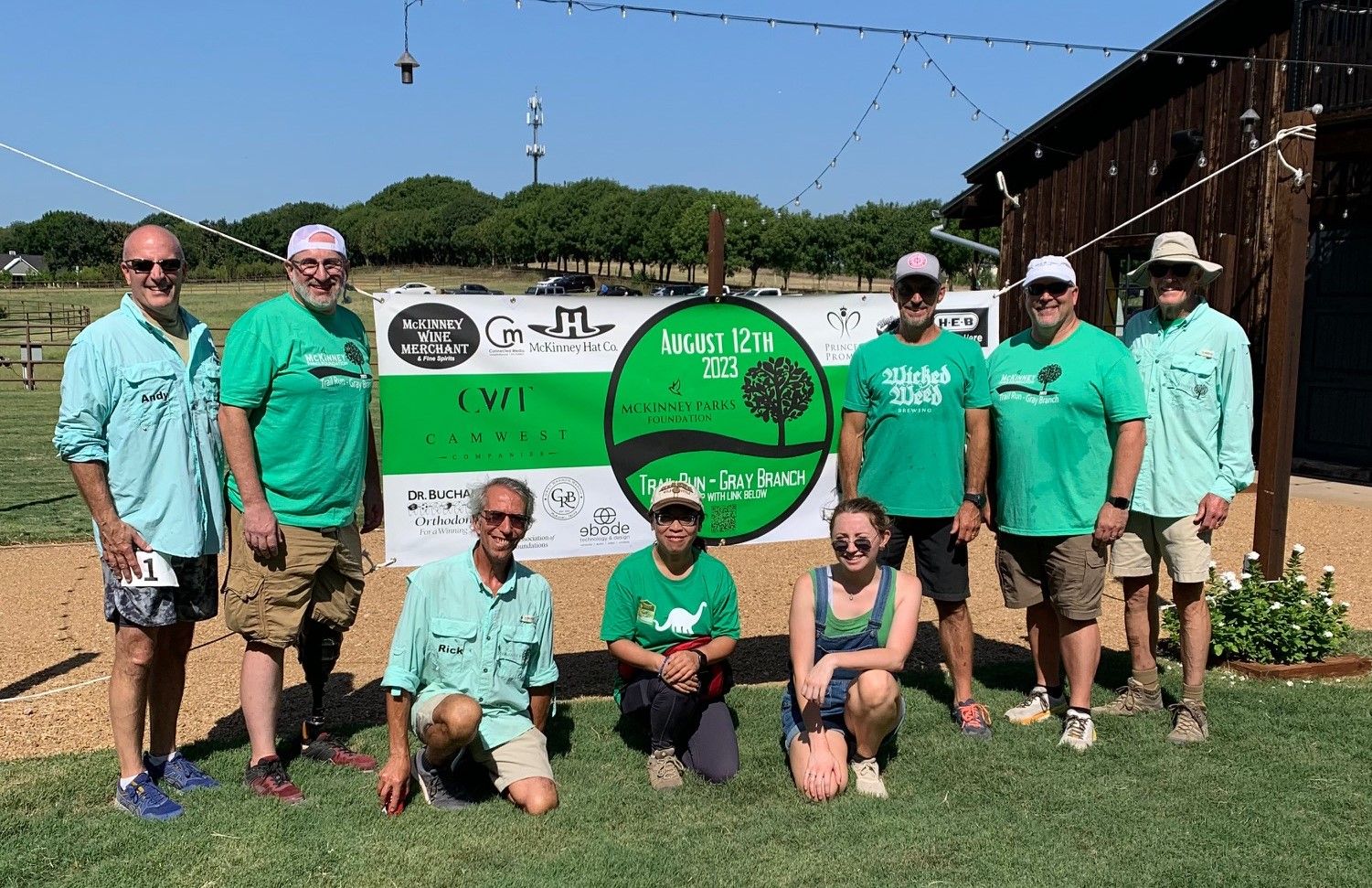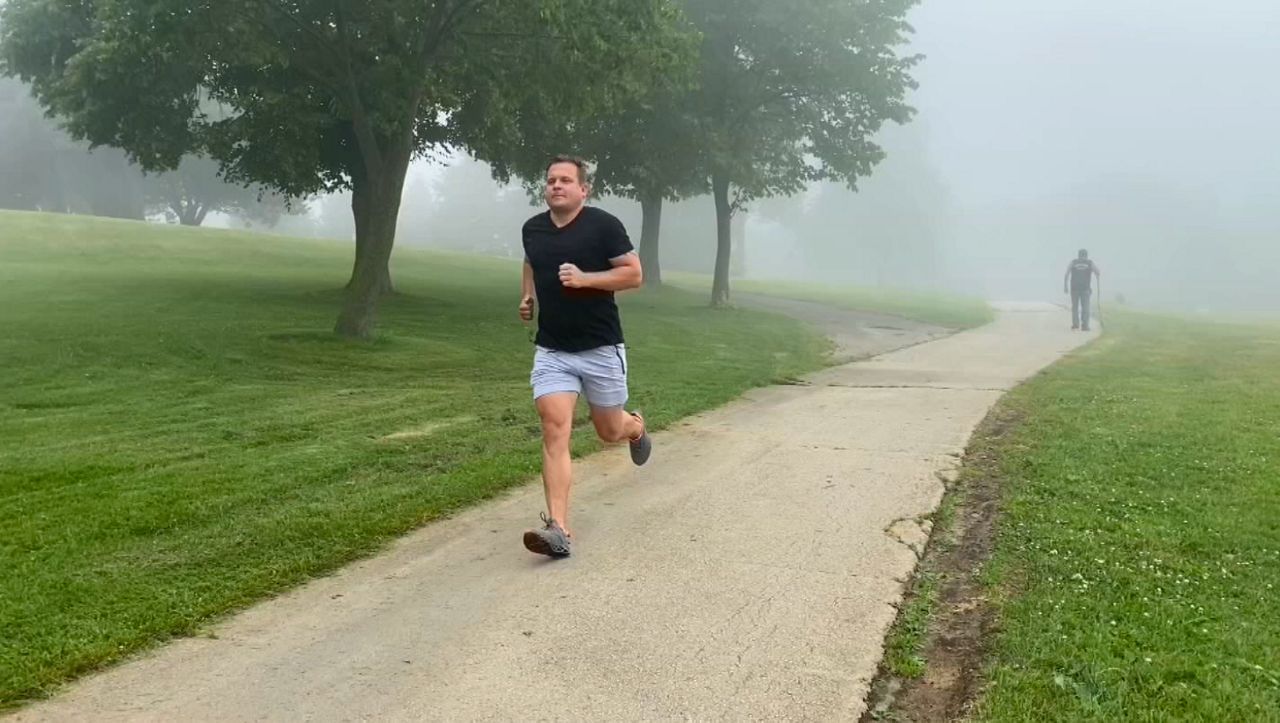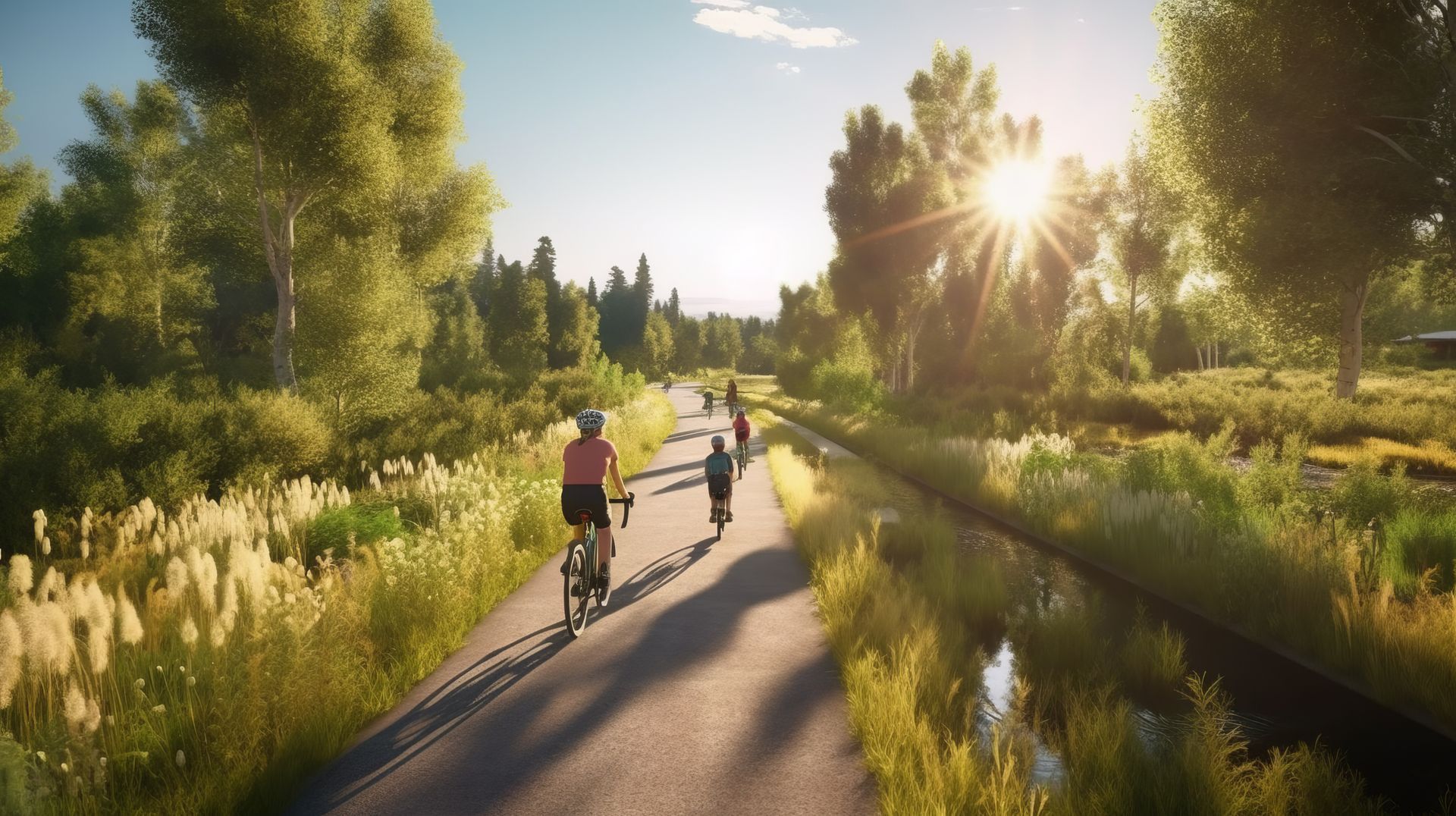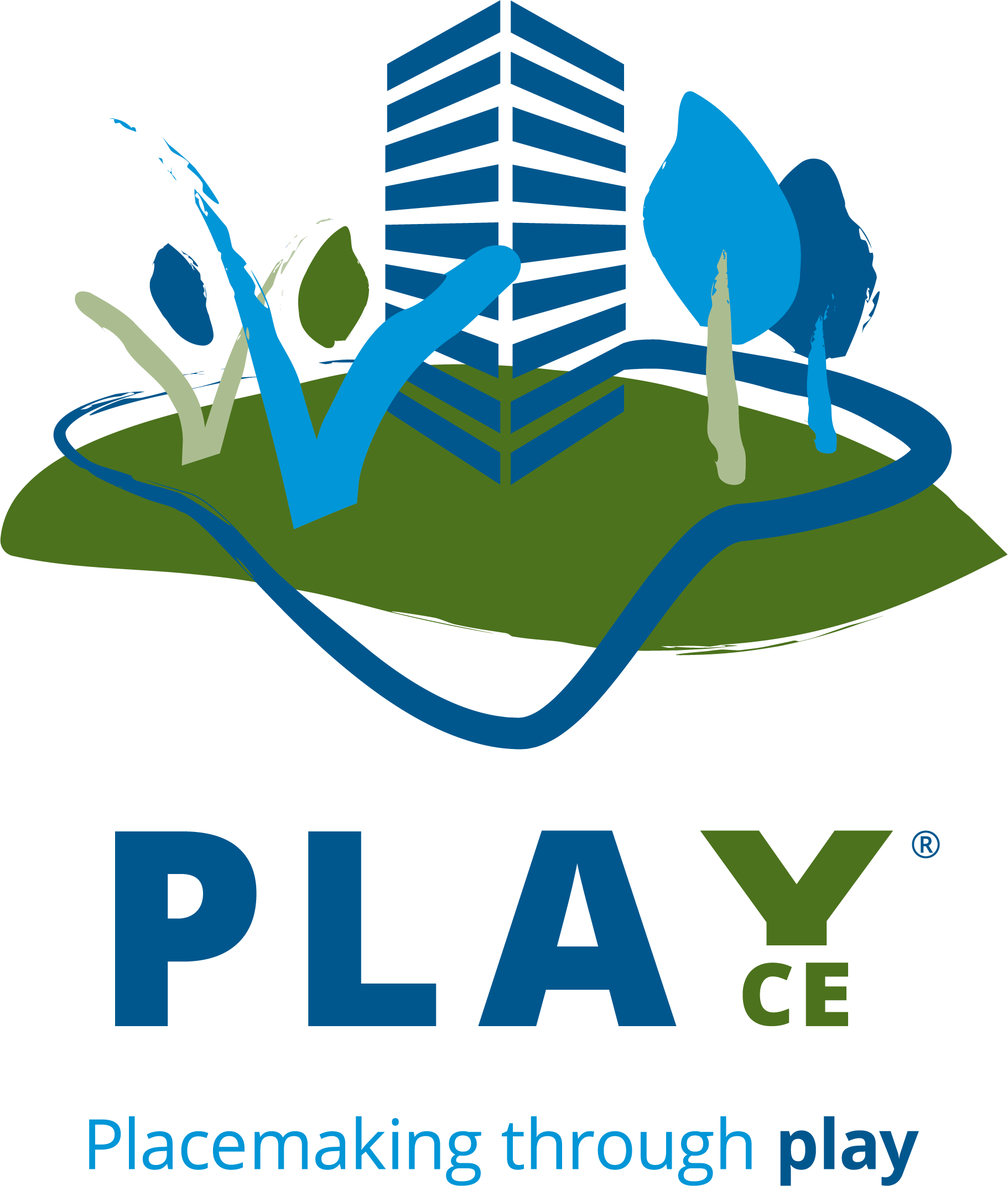The Impact of Park Shutdowns during COVID-19 Lockdowns: A Questionable Decision
Many postmortems of the COVID-19 response are currently underway among intellectuals, scientists, and governing authorities. These individuals recognize the need to examine the measures taken to address what was initially described as a "once-in-a-generation pandemic," which eventually proved to be far less lethal than predicted. One such measure was the widespread closure and prohibition of the use of active spaces by numerous states, counties, federal agencies, and community park agencies.
How can we forget incidents such as the paddleboarder in Malibu who was arrested after ignoring lifeguards' orders to get out of the ocean near the Malibu Pier? Or the removal of basketball hoops by agencies to prevent their use? And what about the sand spread on skateparks to deter children and adults from using them? Not only did these actions hinder the physical and mental well-being of individuals, but they also overlooked the scientific evidence that suggests the benefits of outdoor activities in promoting health and reducing transmission.
Studies consistently demonstrate that spending time in nature and engaging in outdoor activities positively impact physical and mental health. Parks and open spaces have been linked to stress reduction, improved immune function, and enhanced overall well-being. By depriving individuals of access to these natural environments, we inadvertently undermine their ability to maintain optimal health during challenging times.
Scientific research indicates that the risk of COVID-19 transmission is significantly lower in outdoor settings compared to indoor environments. Open spaces provide ample ventilation, which dilutes and disperses airborne particles, thus reducing the likelihood of viral spread. Moreover, maintaining physical distancing is generally easier outdoors, making it a safer option for recreation and exercise. This should not have come as a surprise to the authorities that chose to shut down outdoor open spaces. Decades of virus research have consistently shown that viruses are more likely to spread in indoor spaces and less likely to do so outdoors.
Rather than resorting to complete park closures, a more prudent approach would have involved implementing necessary precautions and guidelines. Enforcing physical distancing, providing hand sanitization stations, and limiting crowd sizes could have struck a balance between public safety and the undeniable benefits of outdoor activities.
The COVID-19 pandemic has taken a toll on the mental health of individuals worldwide. Parks and open spaces offer respite, solace, and a sense of normalcy during these challenging times. Access to nature has been proven to reduce anxiety, alleviate stress, and improve mood. By shutting down parks, we inadvertently removed an essential resource that could have aided in the psychological recovery and resilience of individuals.
Considering the scientific evidence supporting the health benefits of outdoor activities and the lower transmission risk in open spaces, the decision to shut down parks and other recreational areas during COVID-19 lockdowns appears questionable. Rather than denying individuals access to these vital resources, a more balanced approach that incorporates responsible park usage and necessary precautions would have been a more effective strategy.
As the National Association of Park Foundations, we urge policymakers and public health officials to consider the well-being of the community and make informed decisions regarding park closures during future crises, keeping in mind the importance of outdoor activities for the physical and mental health of individuals. By adopting a more nuanced approach that acknowledges the benefits of outdoor spaces and implements appropriate safety measures, we can strike a balance between public health and the well-being of our communities. Let us learn from this experience and ensure that future decisions regarding park usage align with scientific evidence and the needs of the people.
Together, we can create a healthier, more resilient society that recognizes the value of outdoor spaces in promoting well-being and fostering a sense of connection with nature.
